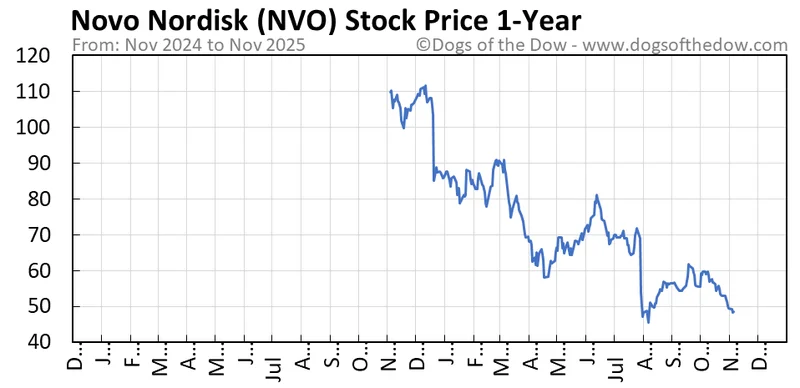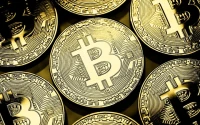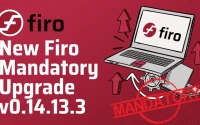The Glitch in the Matrix: Are We All Just Bots to Someone Else?
Okay, folks, let's talk about something weird that happened to me recently, and maybe to you too. I was browsing the web, doing some research on, oh, I don’t know, probably something about neural networks or the latest developments in quantum computing (because, you know, that's just how I roll), and BAM! I got hit with that dreaded "Pardon Our Interruption" screen. You know the one. It accuses you, yes you, of being a bot.
Now, I know what you're thinking: "Aris, you're a tech guy, you probably are half-robot already!" And, hey, maybe you're not entirely wrong. But the accusation stung a little. It got me thinking—what does it mean to be human online? What makes us different from the bots? And more importantly, are we all just cogs in some giant, unknowable machine?
The message itself is pretty straightforward: JavaScript disabled, cookies blocked, suspicious browser activity. The usual suspects. But it's the implication that's fascinating. Someone, somewhere, has decided that your behavior is indistinguishable from a machine. And that, my friends, is a profound statement about the state of the internet today.
Think about it. We're constantly being analyzed, categorized, and algorithmically processed. Every click, every search, every scroll is data fuel for the AI engines that are learning to predict our every move. We are not people anymore, we are data points to be analyzed, and that's kind of scary.
It reminds me of the early days of the printing press. Suddenly, information was democratized, but also, suddenly, everyone could be categorized by what they read. The printing press didn't just spread knowledge; it spread the idea of mass audiences. Are we seeing the same thing happen with AI? Is the internet not democratizing, but categorizing?

I saw one comment on Reddit that really hit home. Someone said, "I feel like I'm constantly performing for the algorithm." Isn't that the truth? We curate our social media profiles, we optimize our search queries, we even tailor our online interactions to get the "right" response. We're all trying to game the system, and in doing so, are we becoming the very thing we're trying to outsmart? Are we all becoming indistinguishable from the bots?
And what does it mean if the bots are getting so good that they can mimic human behavior perfectly? What happens when the line between human and machine blurs to the point of nonexistence? It is not something that I am looking forward to, I am not going to lie.
This isn't just a philosophical question, either. It has real-world implications. If AI can perfectly mimic human behavior, what happens to jobs that rely on human interaction? What happens to art, to creativity, to the very things that make us human?
Of course, there's also a tremendous opportunity here. Imagine a world where AI handles all the mundane, repetitive tasks, freeing us up to pursue our passions, to create, to connect with each other on a deeper level. Imagine AI being used to solve some of the world’s most pressing problems. It could, with the right intentions, be an amazing tool.
But, and this is a big but, we need to be mindful of the ethical implications. We need to ensure that AI is used to enhance human potential, not to replace it. We need to be constantly asking ourselves: what does it mean to be human in the age of artificial intelligence? And how do we preserve those qualities that make us unique?
The Human Spark Must Endure
This is a question that will define our future. And I, for one, am excited to see where it leads. We just need to make sure that we don't lose ourselves along the way. So, the next time you get hit with that "Pardon Our Interruption" screen, take a moment to reflect. Are you a bot? Or are you a human being, navigating the complexities of an increasingly digital world? The answer, I suspect, is somewhere in between.










